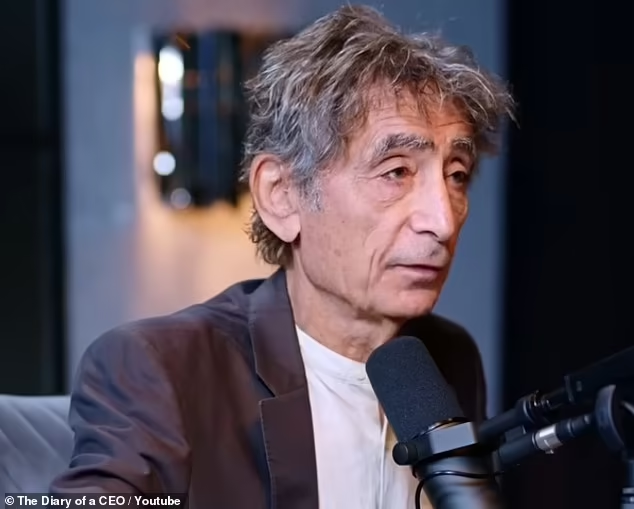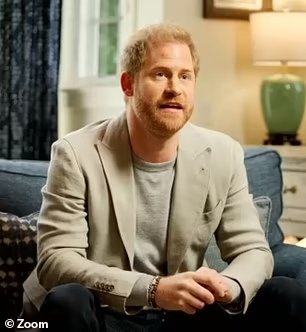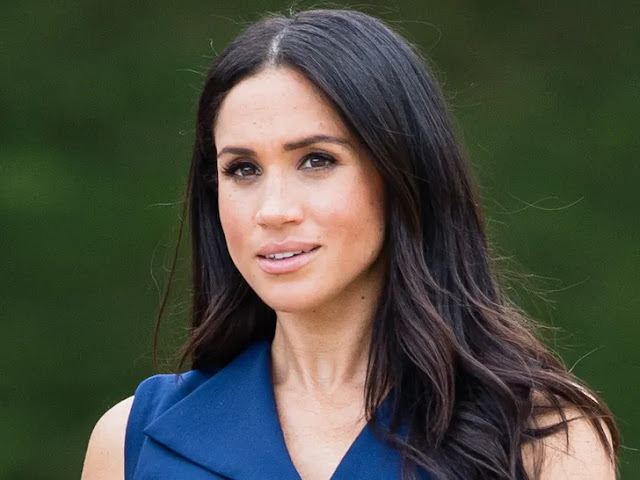'Trauma expert' Gabor Mate says he bitterly regrets controversial Prince Harry interview because of 'demeaning, dismissive' backlash he faced
This article refers to an interview with Gabor Maté, a well-known Canadian physician and author, in which he expressed regret for his interview with Prince Harry. During the interview, Prince Harry and Gabor Maté discussed topics related to trauma, personal healing, and Prince Harry's experiences growing up as a royal. However, the interview received significant media attention and scrutiny.
 |
| 'Trauma expert' Gabor Maté has admitted that he regrets his controversial interview with Prince Harry because the 'foofoo' surrounding it took over his life and made him 'lose himself' |
Gabor Maté has acknowledged that the negative reaction and media attention to the interview took a toll on his mental well-being, and he regretted some aspects of how the interview was conducted, such as the requirement for viewers to purchase Prince Harry's book to watch it. He mentioned that he sought help from a psychiatrist to address the impact of the negative reactions and media coverage on his mental state. Maté also emphasized his desire for people to understand his perspective and his work on trauma, even if they may not agree with him or his ideas.
 |
| The conversation was fiercely scrutinized, especially after it was brought to light that Gabor had made a series of eyebrow-raising comments in the past |
The interview took place in March between Prince Harry and Gabor Maté, a Hungarian-Canadian doctor. During this interview, they discussed topics related to "living with loss" and the significance of personal healing. The interview was conducted as part of Prince Harry's promotion of his memoir titled "Spare." The conversation likely touched on personal experiences, healing, and perhaps some aspects of Prince Harry's life as a member of the British royal family.
 |
| Back in March, the Duke of Sussex, 39, spoke with the the Hungarian-Canadian doctor, 79, about 'living with loss and the importance of personal healing,' while promoting his memoir |
During the interview, Harry made a series of bombshell claims about growing up as a royal. The conversation was fiercely scrutinized after it was brought to light that Gabor had made a series of eyebrow-raising comments in the past - like comparing Hamas to the Jewish heroes of the Warsaw Ghetto Uprising against the Nazis, defending Palestinian rocket fire at Israeli civilians, and branding Israel's government as terrorists.
 |
| Now, the author and physician has addressed the public's 'demeaning, dismissive, and distorted' reaction to his chat with Harry, while revealing that it left him in a really 'dark place' |
Dr. Gabor Maté gave views on drug decriminalization and the use of ayahuasca in treating mental illness, as well as his reaction to the public's response to his interview with Prince Harry. Gabor Maté is known for his work in the fields of addiction, mental health, and trauma. He has been an advocate for a more compassionate and holistic approach to addiction and mental health issues.
Gabor Maté's reaction to the public's response to his interview with Prince Harry suggests that he faced a backlash and negative feedback, which took a toll on his mental well-being. Mental health professionals, like Maté, also face challenges and struggles in dealing with public scrutiny and criticism.
 |
| Gabor said the backlash put him a 'really negative state of mind' and resulted in him feeling like he 'lost himself' during an appearance on Steven Bartlett's The Diary of a CEO podcast |
The criticism and backlash affected him deeply, leading to a period of emotional distress. He subsequently sought help from a psychiatrist to address his mental and emotional well-being.
Furthermore, Gabor had reservations about the interview setup, particularly the idea of making people pay to watch it. Maté felt that it should have been a free public service rather than a paid event, but he agreed to the arrangement, which he later expressed regrets about.
 |
| The conversation was live-streamed on the web and tickets were priced at $33. People who watched it received a copy of Harry's book, Spare |
It's evident that Dr. Maté's experiences with the interview and its aftermath had a profound impact on his emotional state, and he faced challenges in dealing with public scrutiny and criticism.
The article delves further into Dr. Gabor Maté's personal beliefs, experiences, and his response to the negative public reaction following his interview with Prince Harry. It is evident that he values being understood for his genuine views and ideas and expresses his willingness to withstand criticism.
 |
| Gabor said that after the interview, he had to reach out to a psychiatrist for help, adding, 'I was in a dark place, I'm a human being like the rest.' Harry is seen during their chat |
Dr. Maté's traumatic upbringing, including the loss of his maternal grandparents in Auschwitz and his experiences during World War II, plays a significant role in shaping his perspective on trauma and mental health.
His advocacy for the decriminalization of drugs and the use of ayahuasca for treating mental illness are notable aspects of his professional work. However, it's worth noting that the use of ayahuasca is subject to legal restrictions in various countries, and his support for decriminalization aligns with a broader debate about drug policy.
The mention of his comments on political issues, such as anti-Zionist views and contributions to pro-Kremlin websites, suggests that he has expressed controversial opinions in the past, which have led to further scrutiny and criticism.




Comments
Post a Comment